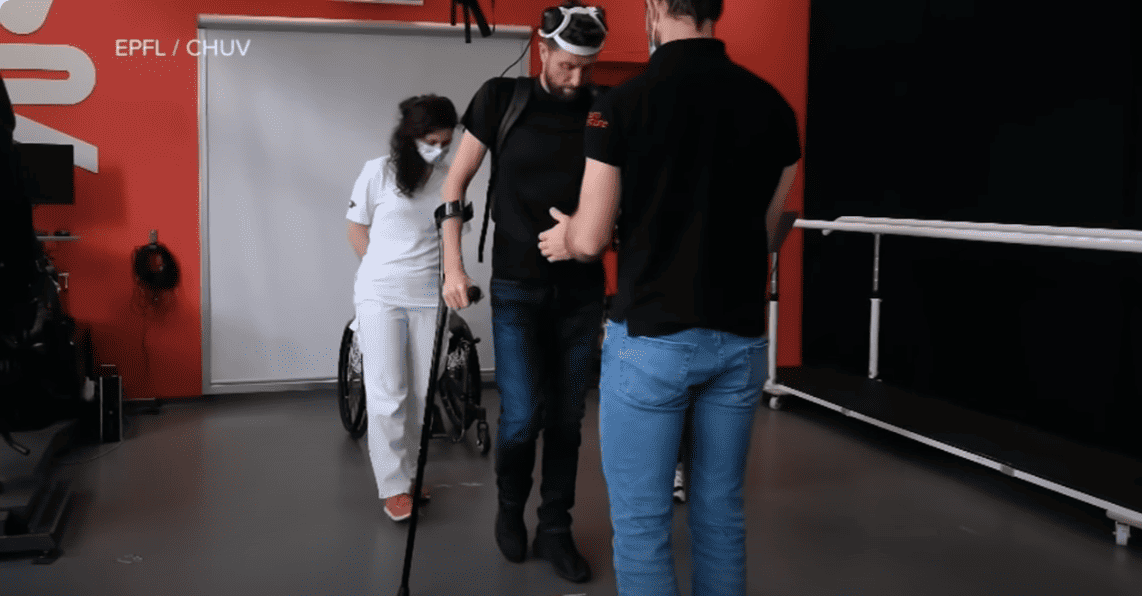
Composites are becoming more popular by the year. These types of material combine light weight with ease of use and delivers high levels of performance. The downside is that composites are not great for the environment, as they tend to be difficult to recycle.
The young Swiss company CompPair Technologies has now developed a family of composites that repair themselves when dented, for example. This extends the life of these composites significantly.
Mended parts recover in their entirety, while their weight and profile remain unaltered.
The product, marketed under the name HealTech, is able to repair itself within one to five minutes. In order to do that, the composite must be exposed to a temperature between 100°C and 150°C in a targeted manner. Mended parts recover in their entirety, while their weight and profile remain unaltered. Studies have shown that this composite can repair itself up to 60 times over without changing its properties.
A name in its branch
CompPair Technologies is a spin-off of the Swiss École polytechnique fédérale de Lausanne, one of Europe’s most renowned research institutions. Although CompPair has only been around for four years, HealTech is already becoming a name in its branch. The company has won numerous awards. Late last month, two private foundations invested nearly one million Swiss francs (equivalent to €850,000) in the company.
Composite material
Exactly what the composite is made up of, Robin Trigueira, one of the two founders of CompPair, would not say. Although he does say that it centers around a unique synthetic resin. “When heat is applied, part of the resin is activated and undergoes a phase change that triggers the physical mechanisms involved in the healing process. As a result, the cracks and fissures in the composite are automatically repaired,” he explains on the company’s website. More information is provided in this video.
Composites are widely used in industries such as aerospace, automotive and wind energy.
Read more about research into sustainable polymers that are self-repairing.








